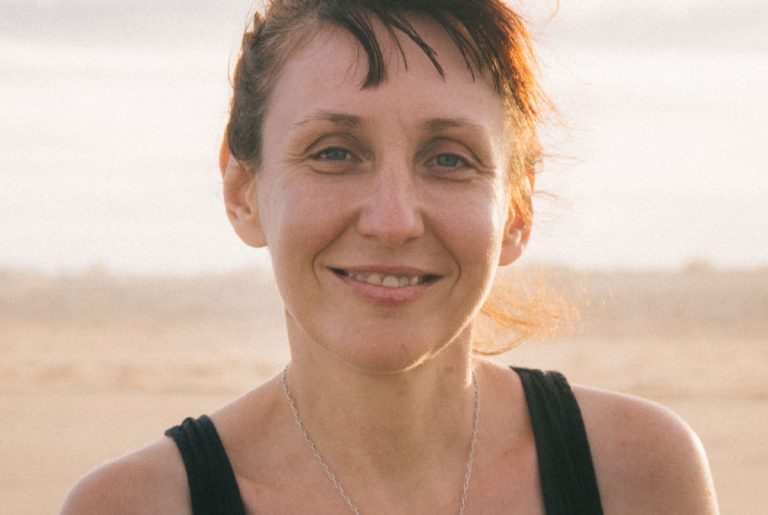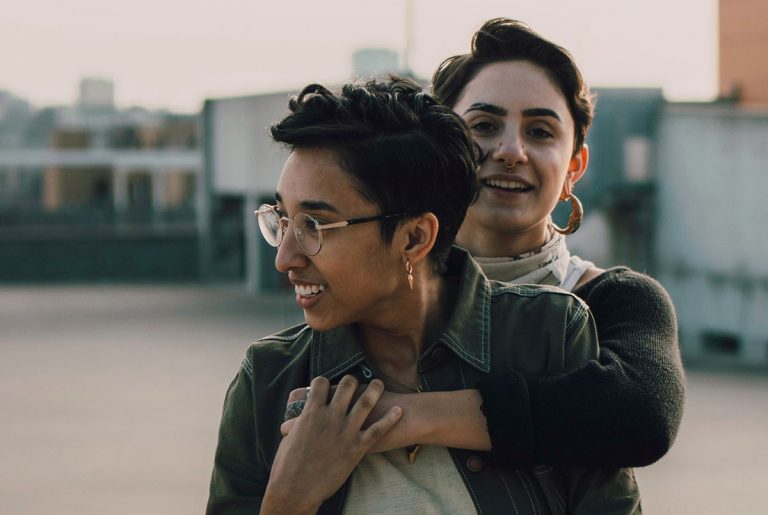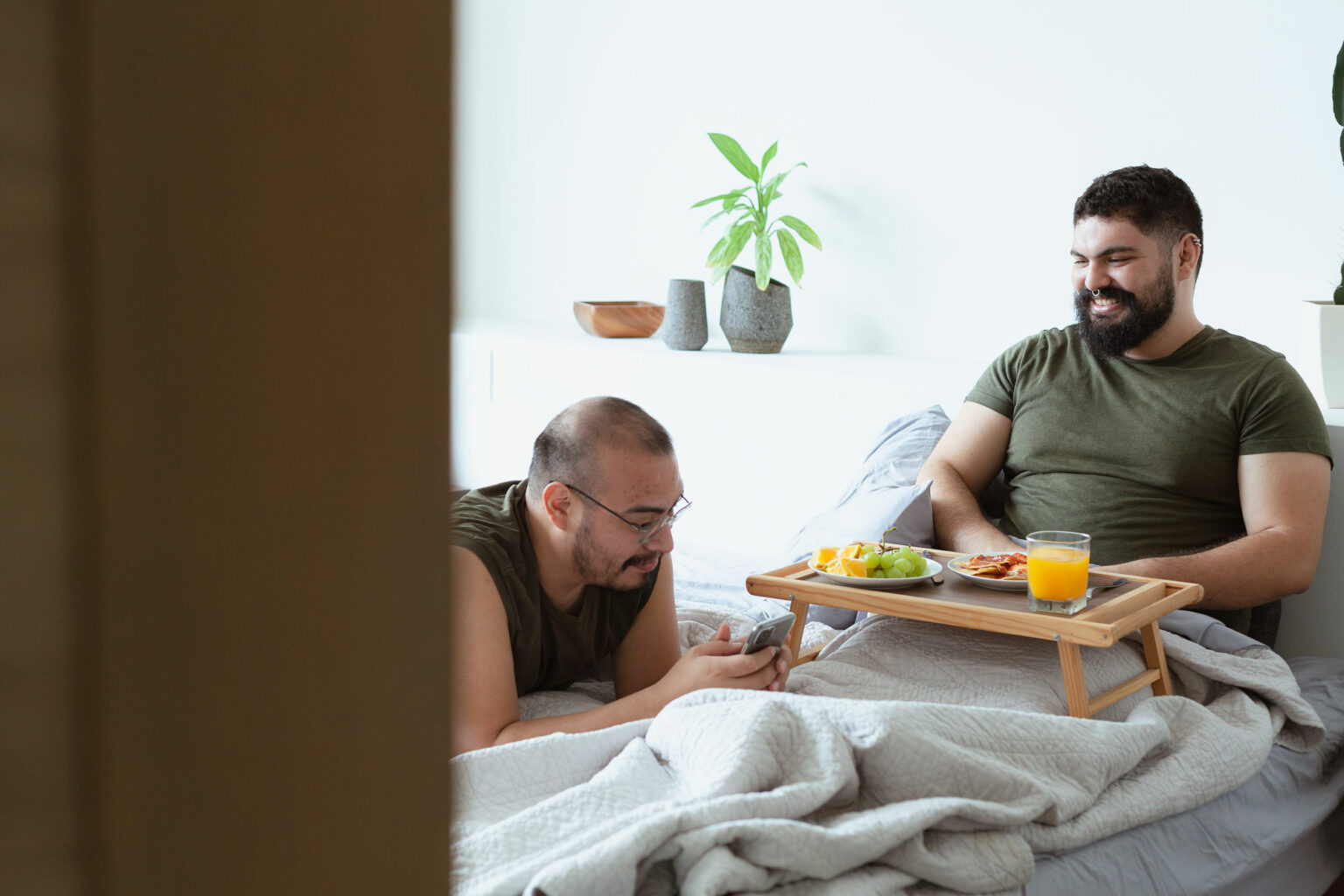Discrimination is a terrible thing to experience, especially if it’s coming from your friends or family. Here’s how to deal with LGBTQIA+ discrimination in your relationships.
If you identify as LGBTQIA+ , or as an ally, know that you should never be discriminated against. Discrimination at work is against the law, but what happens if it’s happening in your personal relationships? It’s often murkier territory and can be tricky to navigate.
Unfortunately, 75% of LGBTQIA+ youth experience some form of discrimination and 35% of LGBTQIA+ Australians have faced verbal abuse in the past 12 months. This shows how far we are from ending LGBTQIA+ discrimination as a society.
It can be helpful to understand what discrimination is and know how to manage it if it shows up in your relationships.
What is discrimination?
Discrimination is when you’re treated badly or unfairly due to a personal characteristic. Unfair treatment due to your sexual or gender identity is classified as discrimination. This type of treatment is never acceptable – everyone deserves to be shown dignity and respect.
Different types of sexual and gender-based discrimination include:
- Transphobia: negative feelings or actions toward someone who’s trans or gender diverse, which could include deliberate misgendering of people (for example calling a trans woman ‘he’ or even ‘it’, despite the person knowing that they are a woman).
- Homophobia: dislike of, fear of, or mistrust of people who are gay or lesbian. Homophobia can take the form of insults, exclusion or even violence.
- Biphobia: abuse toward someone who is attracted to more than one gender, including when their identity is erased by being told their sexuality is ‘just a phase’ or to ‘pick a side’.
- Interphobia: intersex discrimination happens when a person is treated less favourably than another person in a similar situation because that person has physical, hormonal or genetic features that are neither wholly female nor wholly male; a combination of female and male; or neither female nor male.
Different types of discrimination include:
- Verbal discrimination: verbal abuse such as name-calling, rumours and abusive words is the most common form of discrimination. This includes making ‘jokes’ that target someone’s sexuality or gender or making unfair claims or stereotypes about someone’s identity.
- Exclusion: deliberately leaving people out of an event or activity based on their sexuality or gender. This can be more covert, as the person may not tell you why you’ve been excluded.
Physical violence: violence motivated by homophobia, transphobia, biphobia or interphobia. - Harassment and abusive threats: include actions such as spitting, offensive gestures or threats of physical or sexual violence.
How might LGBTQIA+ discrimination show up in your relationships?
All the discrimination described above can take place in personal relationships and is very hurtful to experience. In some ways, it’s easier to spot unfair treatment based on your gender or sexuality in the workplace than in your personal relationships.
Workplace discrimination is against the law and is often linked to bullying. The Australian Human Rights Commission has some helpful information on navigating discrimination in the workplace.
How to call out LGBTQIA+ discrimination from a friend or family member
If you experience LGBTQIA+ discrimination from a friend or family member, first make sure you take care of yourself. This might involve removing yourself from the situation and getting support from another friend or family member or mental health professional.
While some discrimination is easy to spot, other times it’s more insidious – such as being expressed through a ‘joke’ or throwaway comment. If someone says something related to your gender or sexuality that you find offensive, you could say something like “When you made a joke about my sexuality, it made me feel uncomfortable. Please don’t do that again.”
Even if the joke or comment isn’t about you, you can let the person know that you feel uncomfortable when they say things like that. Of course, only confront the person if you feel safe to do so – never put yourself in danger if you consider the situation potentially unsafe.
What to do if the relationship is negatively impacting you
If you’re feeling targeted or negatively impacted by the relationship or person, it’s important to get support. QLife can connect you to LGBTQIA-specific counselling services, or there are ways you can look for an LGBTQIA+ friendly service yourself.
It’s not always as easy as cutting that person out of your life, especially if they are family, although this is an option if things get really bad. You may decide to approach the person and tell them how their discriminatory comments or actions make you feel and see how they respond to that.
If they are receptive and stop those comments or actions, the relationship may begin to heal. If they don’t stop, or can’t see the issue with their behaviour, you may need to avoid them or ignore the comments.
It can help to remember that their behaviour is about them, not you. Discrimination often comes from insecurity or ignorance in the person that demonstrates that behaviour. You deserve to be surrounded by people who love and support you and accept and celebrate your identity.
Further anti-discrimination resources
- Australian Human Rights Commission’s LGBTI page has news and reports on anti-discrimination.
- How to say NO to discrimination and YES to inclusion by ReachOut has further information on calling out discrimination in its tracks (both online and in real life).
- QResources is a database of state-based LGBTQIA+ services.
- QLives is a collection of lived experience stories from the LGBTQIA+ community, which can be great for spreading awareness and understanding.
- Beyond Blue’s collection of videos show the real effects of LGBTQIA+ discrimination on LGBTQIA+ people.
If you’re affected by LGBTQIA+ discrimination or issues and are looking for support, or know someone that could benefit from our services, Relationships Australia NSW has a range of LGBTQIA-inclusive support services available.
Related Services & Workshops

Counselling.Individuals.Older People.LGBTQIA+
Individual Counselling
Life can be full of ups and downs. While we may be able to overcome most challenges by ourselves, sometimes we need some extra support. Individual Counselling offers a supportive environment to identify and manage problems and concerns.

Group Workshops.Individuals.Communication.LGBTQIA+
Proud Relationships
Led by an LGBTQIA+ facilitator and tailored especially for the LGBTQIA+ community, Proud Relationships will help you build the foundations for strong relationships – both with yourself, and those around you.






